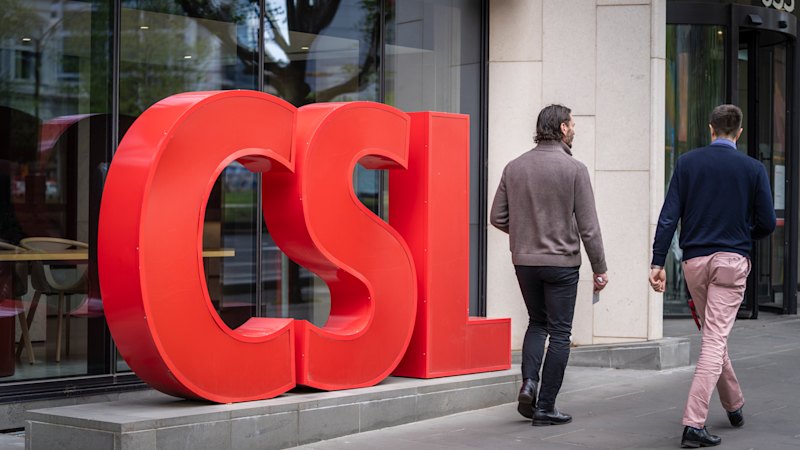
Falling vaccination rates in the United States have posed significant challenges for global biotech company CSL, as executives predict a potential recovery in the medium term. During a briefing for analysts and investors in Chicago, CSL executives discussed how plummeting immunization rates could eventually lead to a public health crisis, prompting a shift in the current culture of vaccine hesitancy.
According to Dave Ross, general manager of CSL Seqirus, the U.S. is experiencing what he described as “significant vaccine fatigue.” This situation has resulted in approximately 60 million fewer Americans receiving vaccinations annually since rates peaked during the COVID-19 pandemic. Ross emphasized the gravity of this decline, stating, “This is quite honestly a staggering number from a public health perspective, one that will not go without real consequences in cost.”
With disease incidence rising alongside declining immunization rates, Ross acknowledged uncertainty regarding when this increasing burden of illness might catalyze a necessary change in public behavior. He expressed confidence that scientific evidence and data will ultimately underscore the importance of vaccination.
CSL’s recent performance reflects these challenges. The company downgraded its earnings and revenue forecasts, anticipating a 12 percent decrease in vaccination rates for the year. Additionally, plans to spin off Seqirus on the Australian Securities Exchange have been put on hold. Following these announcements, CSL’s share price fell by 15 percent, compounding losses that began after a major restructuring was unveiled in August 2023.
While CSL has not specified a timeline for recovery in the U.S. vaccine market, Ross expressed optimism about a medium-term turnaround. He highlighted the serious impacts of influenza, noting that nearly 52,000 deaths and a burden of $11.2 billion on the U.S. economy occur annually due to the virus.
The decline in vaccination rates has been attributed to cuts in public health funding and staffing at key institutions, as well as a cultural shift influenced by past administrations, notably the Trump administration, which contributed to some healthcare providers no longer recommending vaccines.
Despite the current challenges, analysts have pointed out that CSL’s earnings guidance may appear conservative given the positive tone of the recent presentation. Paul Grace, a healthcare analyst at E&P Financial Group, noted that while some caution is warranted due to past performance, there are indicators suggesting the situation may not be as dire as indicated in the guidance.
Ross also identified potential growth opportunities for CSL’s vaccine business in markets with higher vaccination rates, such as Germany and France. He specifically mentioned the U.S. pediatrics market, valued at $500 million, where CSL holds a 15 percent market share, as a promising area for expansion.
Despite the efforts to reassure investors, CSL’s share price did not see significant improvement, having dropped almost 40 percent since August, resulting in a loss of nearly $40 billion in market valuation. On the day of the investor briefing, shares closed at $176.34, down 0.65 cents.
The recent downturn came after CEO Paul McKenzie announced a comprehensive restructuring plan, which includes cutting 3,000 jobs and consolidating the company’s global research and development network. Investors are also expressing concerns about slowing growth in CSL’s core blood plasma business.
As the company navigates this complex landscape, upcoming briefings on its other divisions, including Behring and iron deficiency drugmaker Vifor, are expected to provide further insights into the challenges and potential strategies ahead for CSL.






